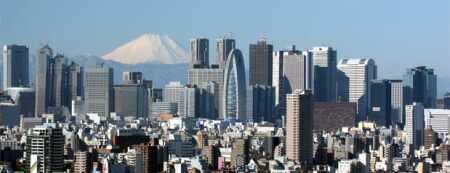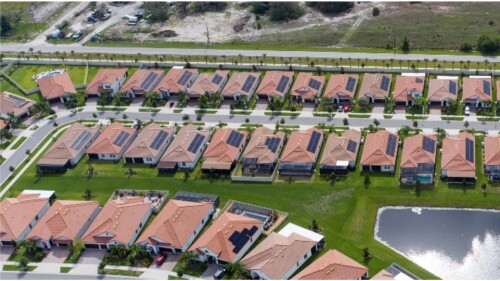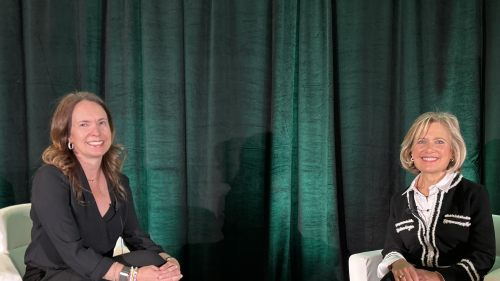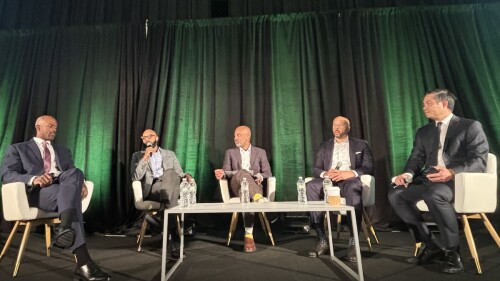Panelists at the July 7 ULI Japan Summer Conference in Tokyo couldn’t help but be reminded of the deleveraging of Japan in the mid-1990s as they discussed the current E.U. economic crisis. But most expressed cautious hope that Europe might turn around more quickly than did Japan, which is only now emerging from the financial shadows.
“With no mercy we have to tackle the reasons why the Euro failed,” said Dr. Leonard Meyer zu Brickwedde, CEO of Kenzo Capital. Europe faces the twin challenges of poor competitiveness in peripheral nations and massive indebtedness, he noted.
Brickwedde was, nonetheless, positive about long-term prospects in Europe. “The currency unit will be safe; the political will is there,” he said. But he added that weaker countries will have to surrender sovereignty and that that will take time. He predicted many years of low growth in the EU, with investment focused on core countries.
Shusaku Minoda, managing director of the investment firm KKR Japan, agreed that the crisis poses opportunities, arguing that each country should be assessed on its own merits.
Daisuke Kitta, a principal in real estate at Blackstone Management, remarked that the asset management company has not reached consensus on European investment. “Whether or not Greece exits, how we prepare is the most important thing,” he said, “Money isn’t flowing in the economy, so we are very cautious.”
“But there is a good price for everything,” Kitta added.
Sonny Kalsi of GreenOak Real Estate came to Japan during the Asian crisis, but he said he was wary of comparing Europe now to Japan in the 1990s, noting that though there are similarities, the reasons for the crashes are different. Kalsi pointed out that in any case, real estate follows the market, not the other way around: “We are the tail…not the dog,” he wryly noted.
Minoda argued that should soon see signs of recovery. “It won’t be like Japan where it took 20 years. I think it will happen in five years,” he said.
“It is important not to be too early,” Kalsi said. He pointed out that is impossible to hedge against the Euro at present. Even a great investment could be killed by currency change. “But it will be a massive opportunity one day,” he said.
Confidence in Japan
Turning to Japanese investments, Ken Chan, director of GIC Real Estate International Japan, said that the hospitality market will likely grow as tourism recovers. He also pointed out that there were still some non-core opportunities in Tokyo, such as B-class office buildings. Another investment possibility could be the expensive condos vacated by expats after the 2011 earthquake, said Chan.
The panel agreed that Japan is a good location for real estate investment.
Brickwedde extolled the attractive yield gap of Japanese government bonds as well at the nation’s prime location, stable business environment, ready availability of debt, and opportunities for diversification. But he advised Japanese investors to also look outward.
“Japan should take advantage of being the winner of the global financial crisis,” he said. “Go out and establish yourself in Europe.”
Read more about the 2012 ULI Japan Summer Conference:





